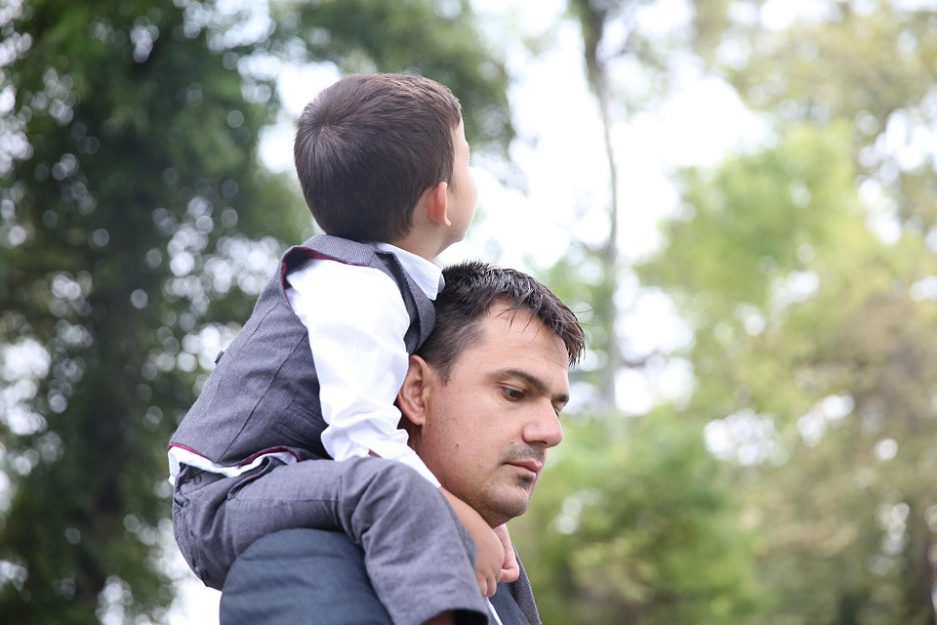Spanish Court Bans Father From Sharing Faith With His Son

Spain’s Constitutional Court has rejected the appeal of an evangelical father seeking to share his religious beliefs with his young son. The Court upheld earlier rulings that prohibit him from taking the child to church or reading the Bible with him, granting the mother exclusive authority over the child’s religious upbringing until the age of twelve.
The case began when the child’s mother filed a petition before the Alcobendas Regional Court, alleging that her former husband had taken their son—born in 2016—to evangelical church services and had read Bible passages to him on a tablet. She requested sole parental authority over the child’s religious formation, seeking an explicit prohibition against what she described as “indoctrination” in the evangelical faith.
In 2022, the Alcobendas court ruled in favour of the mother, granting her exclusive responsibility for the child’s religious education until he reached the age of twelve. The decision explicitly barred the father from taking the child to church, reading the Bible with him, or otherwise “indoctrinating” him in the evangelical faith.
The father appealed the ruling to the Madrid Provincial Court in 2023. The appeal was dismissed, with the Court upholding the lower court’s decision. It noted that while the parents had cohabited, they had not previously introduced religious instruction to the child. The Court affirmed the father's right to practise his religion privately but held that he must “refrain from being accompanied by the child.”
Later that year, the father brought the case before the Constitutional Court, arguing that the rulings violated his constitutional right to religious freedom (Article 16.1 of the Spanish Constitution) and his right to ensure his child’s education in accordance with his convictions (Article 27.3). His legal counsel contended that preventing a parent from sharing their religious beliefs constitutes disproportionate interference and unjustified discrimination: “If the mother disagrees with the appellant’s moral perspective, she may present her child with alternatives [...], but she cannot prohibit the father from sharing his faith.”
On 26 May 2025, the Constitutional Court rejected the appeal, finding the previous decisions proportionate and respectful of both the father's and the child’s religious freedom, while prioritising the best interests of the child.
In its reasoning, the Court cited the child’s right to negative religious freedom—the right not to believe or to be shielded from religious influence—and stated: “Freedom of belief finds its most obvious limit in that same freedom, in its negative manifestation, that is, in the right of the affected third party not to believe or not to endure the proselytising acts of others” (SSTC 119/2025, 26 May 2025). It further asserted that public authorities, particularly the judiciary, have a duty to ensure that a child’s education is aligned with their best interests. However, the ruling does not specify why non-coercive parental activities such as reading Bible passages or attending church together would contradict those interests.
The Court’s decision raises serious concerns about religious freedom and parental rights under both domestic and international law. By prohibiting a parent from accompanying their child to church or engaging in religious education at home, the ruling imposes significant restrictions on the manifestation of faith within the family context. It also appears to grant one parent the power to veto the religious expression of the other, effectively privileging a secular moral framework over a religious one for the formative years of the child.
The characterisation of parental religious practices—such as praying with one’s child, reading sacred texts, or attending worship—as “indoctrination” sets a troubling precedent. International human rights law, including Article 18.4 of the International Covenant on Civil and Political Rights (ICCPR) and Article 2 of Protocol No. 1 of the European Convention on Human Rights (ECHR), recognises the right of parents to “ensure the religious and moral education of their children in accordance with their own convictions”.
While the European Court of Human Rights has acknowledged that parental rights must be balanced with the evolving capacities and autonomy of the child, it has also consistently cautioned against disproportionate state interference in family life. In T.C. v. Italy (19 May 2022), the Court emphasised the need for states to respect the family as a space for belief transmission and pluralism.
By framing ordinary expressions of parental faith as a form of proselytism to be curtailed, the Spanish Constitutional Court risks weakening the family dimension of religious freedom. Legal safeguards for children must not come at the cost of undermining the legitimate rights of parents to share their beliefs—especially in private and non-coercive settings.
Sources: Legal Text - SSTC 119/2025; Legal Text - Press Release N° 50/2025; LaMañana
Image: Pixabay